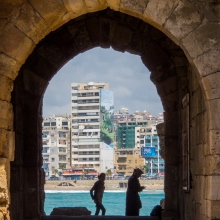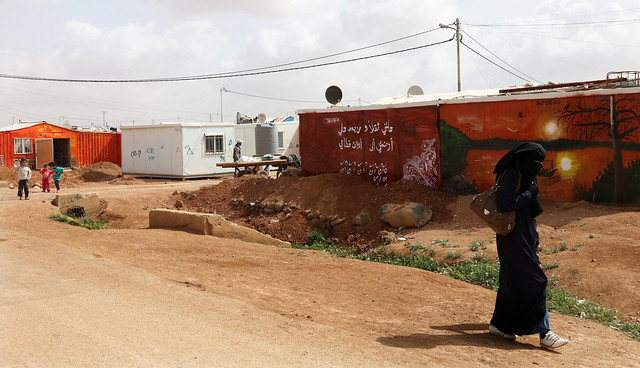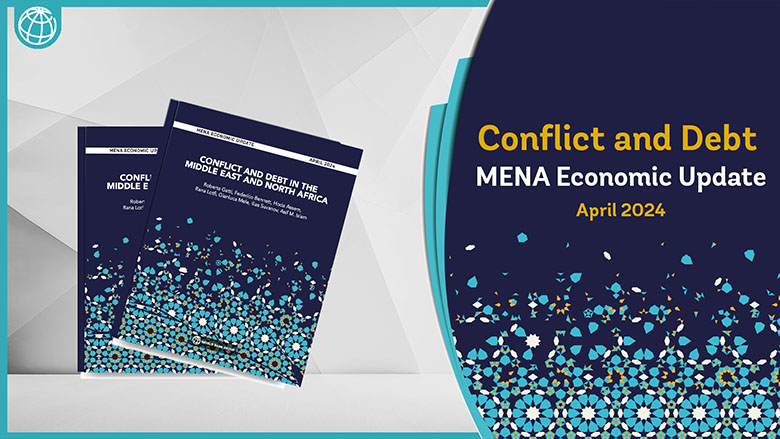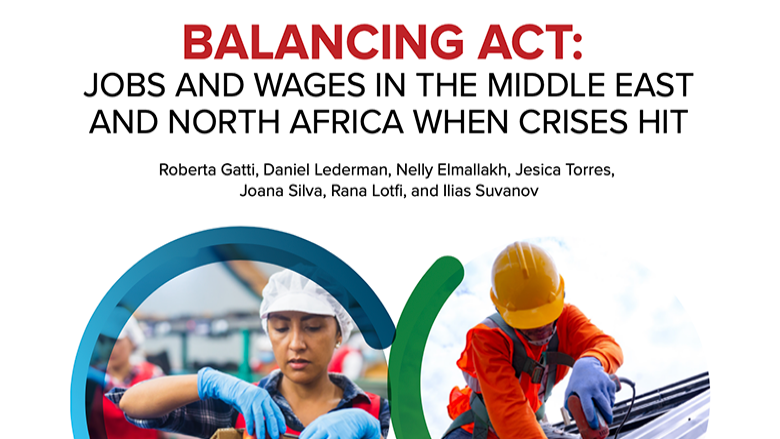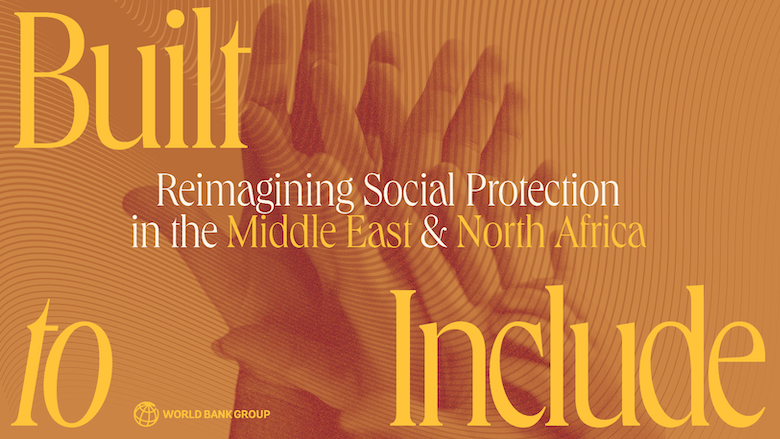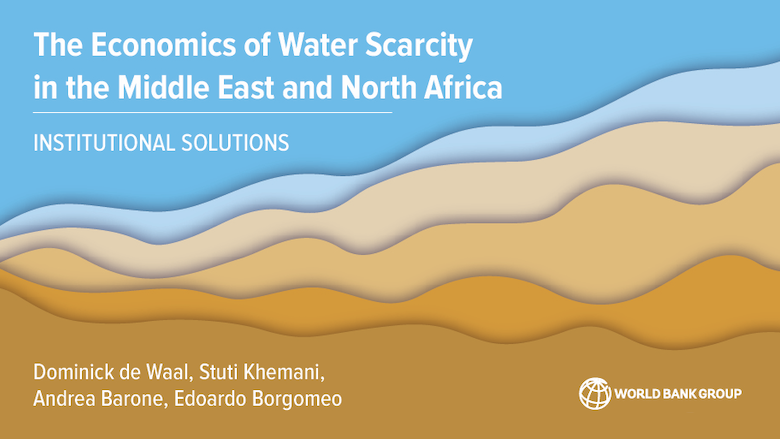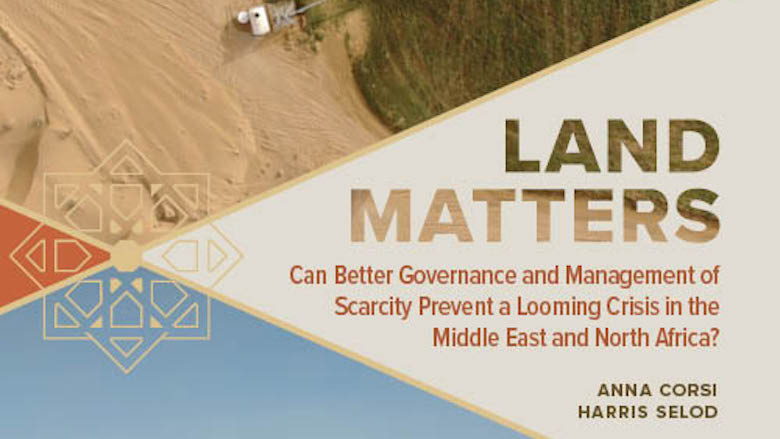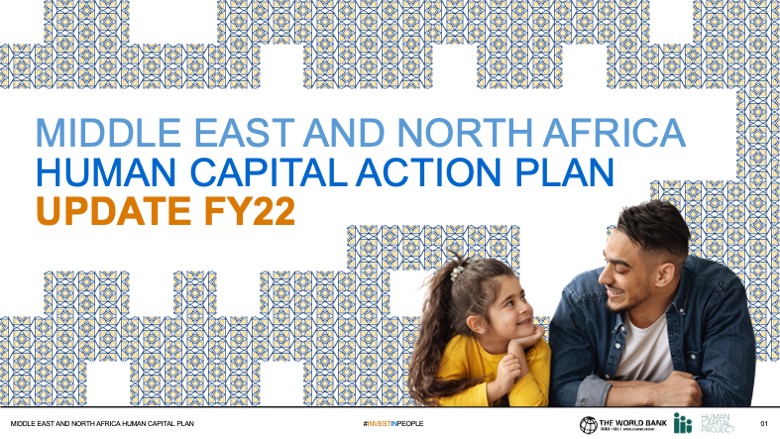The World Bank’s Middle East and North Africa (MENA) region works to address some of the most complex development challenges confronting the region today, including fragility and conflict, food security, climate action and the green transition, macroeconomic stability, jobs, digital transition, human capital development, private sector development, and the inclusion of vulnerable groups including women and youth.
The MENA region encompasses immense economic and demographic diversity that extends from the Maghreb to the Gulf. According to the World Bank’s October 2024 MENA economic update, the region’s overall gross domestic product is forecast to grow at 2.2% in 2024, up slightly from 1.8% in 2023. The uptick in growth is driven by the Gulf Cooperation Council countries, which are projected to grow at an average rate of 1.9% in 2024, rising from 0.5% in 2023. In all oil-importing MENA countries, growth is expected to decelerate. Fiscal space in several MENA economies is increasingly tight. Debt-to-GDP ratios in several MENA economies increased over the past decade, with acceleration during the pandemic.
The report highlights windows of opportunity for countries to accelerate sustainable growth by taking actions such as optimizing labor market talent allocation, closing the gender gap, and fostering innovation and private sector led growth. It also looks at the impact of conflict on development in the MENA region. It shows that had conflicts not occurred in the past 30 years in some MENA countries, GDP per capita would have been 45% higher. This loss is equivalent to 35 years of economic development in the region, underscoring the point that peace and development are intertwined.
By building on the potential of its young, talented population, strategic location spanning three continents, and vast human and natural resources, MENA countries have the opportunity to mobilize stronger outcomes for the region’s growth and prosperity. The World Bank is supporting MENA countries to help generate opportunities for all people, especially women and youth; strengthen connectivity for shared prosperity; and to build resilience, with a focus on water and energy security.
Last Updated: Jan 07, 2025

